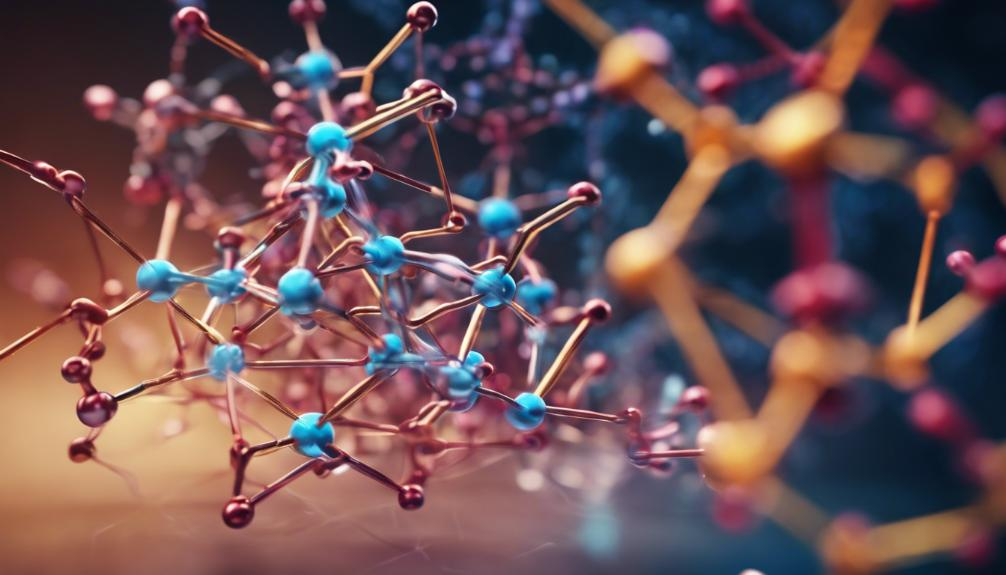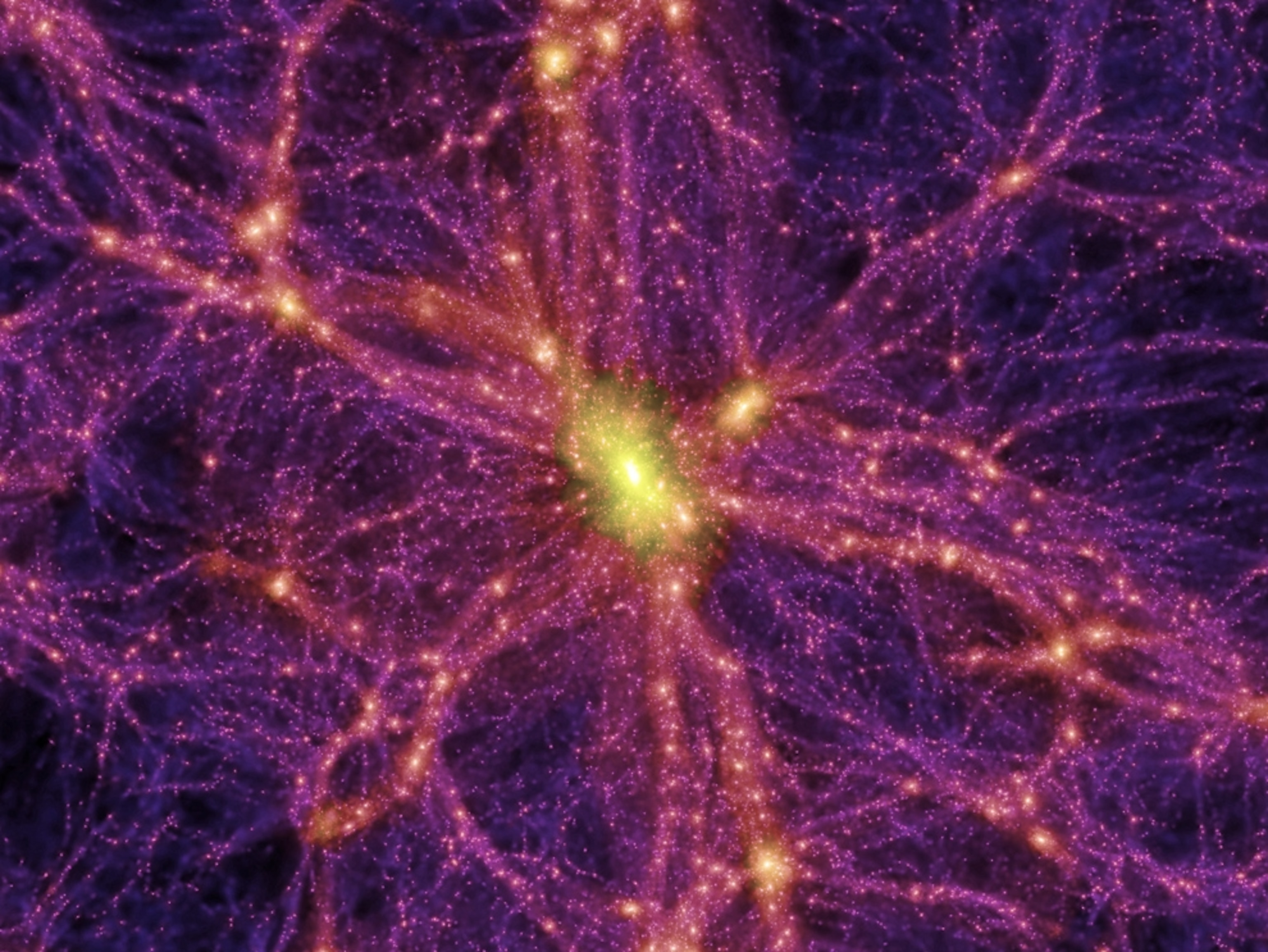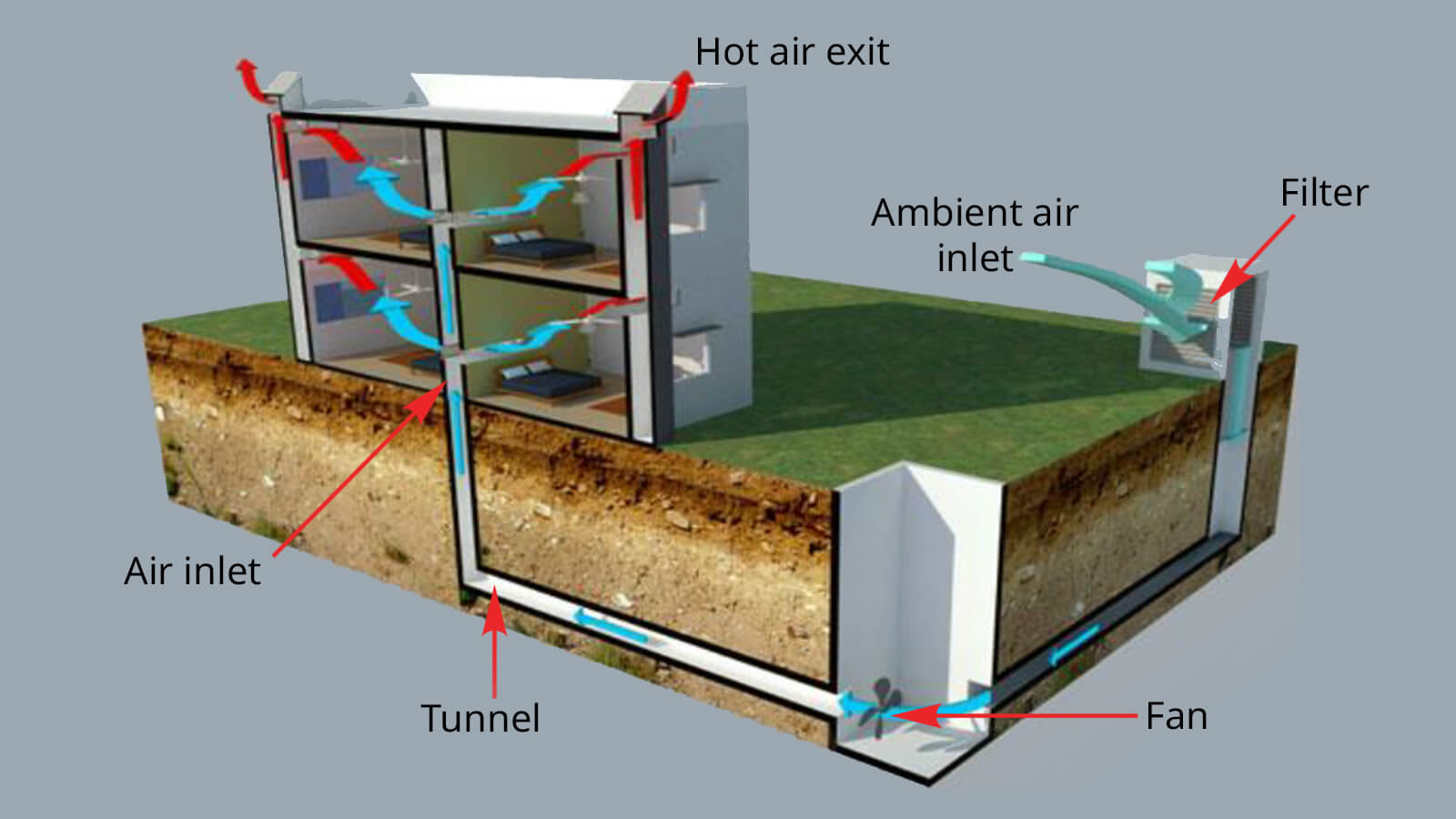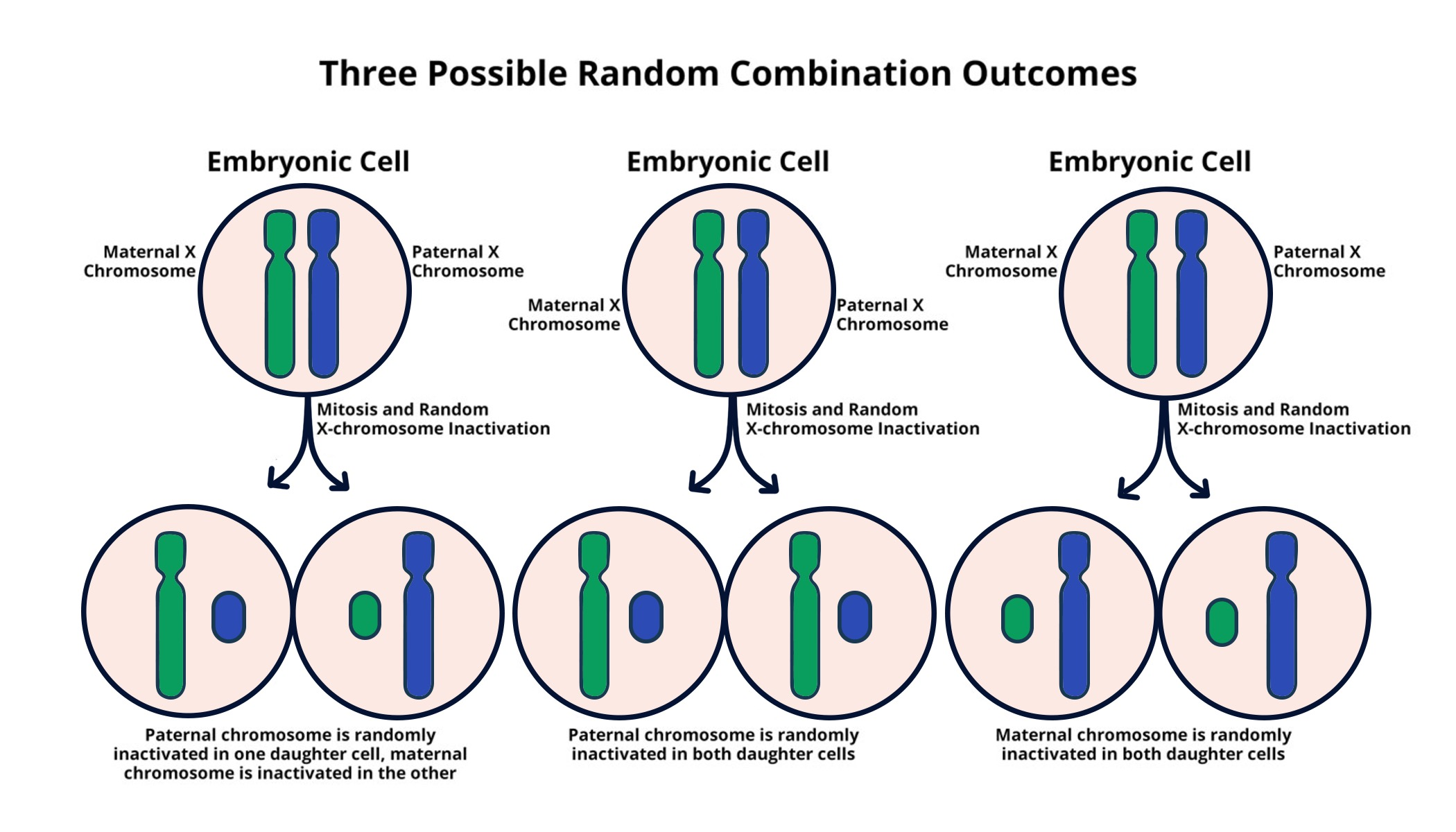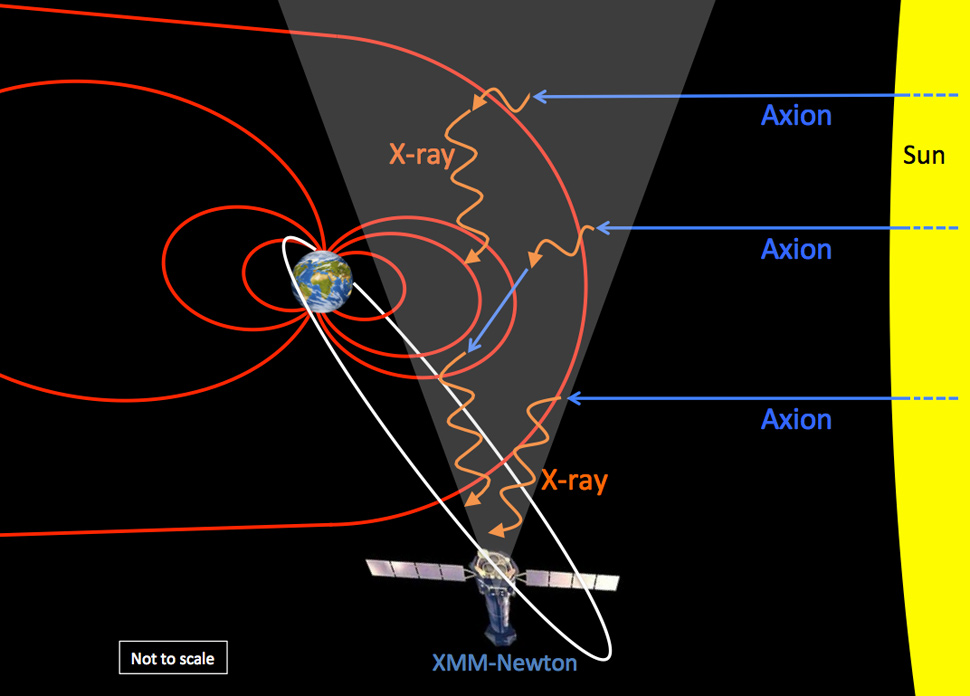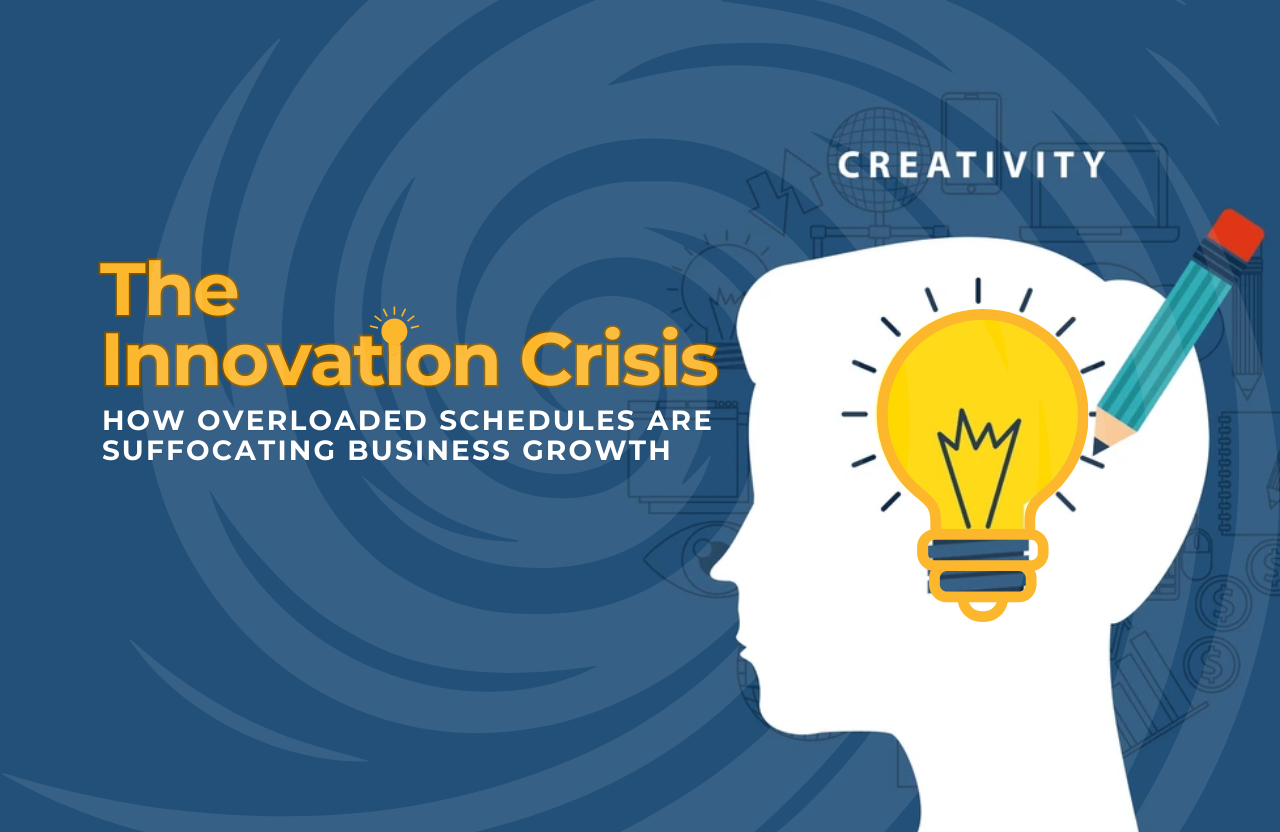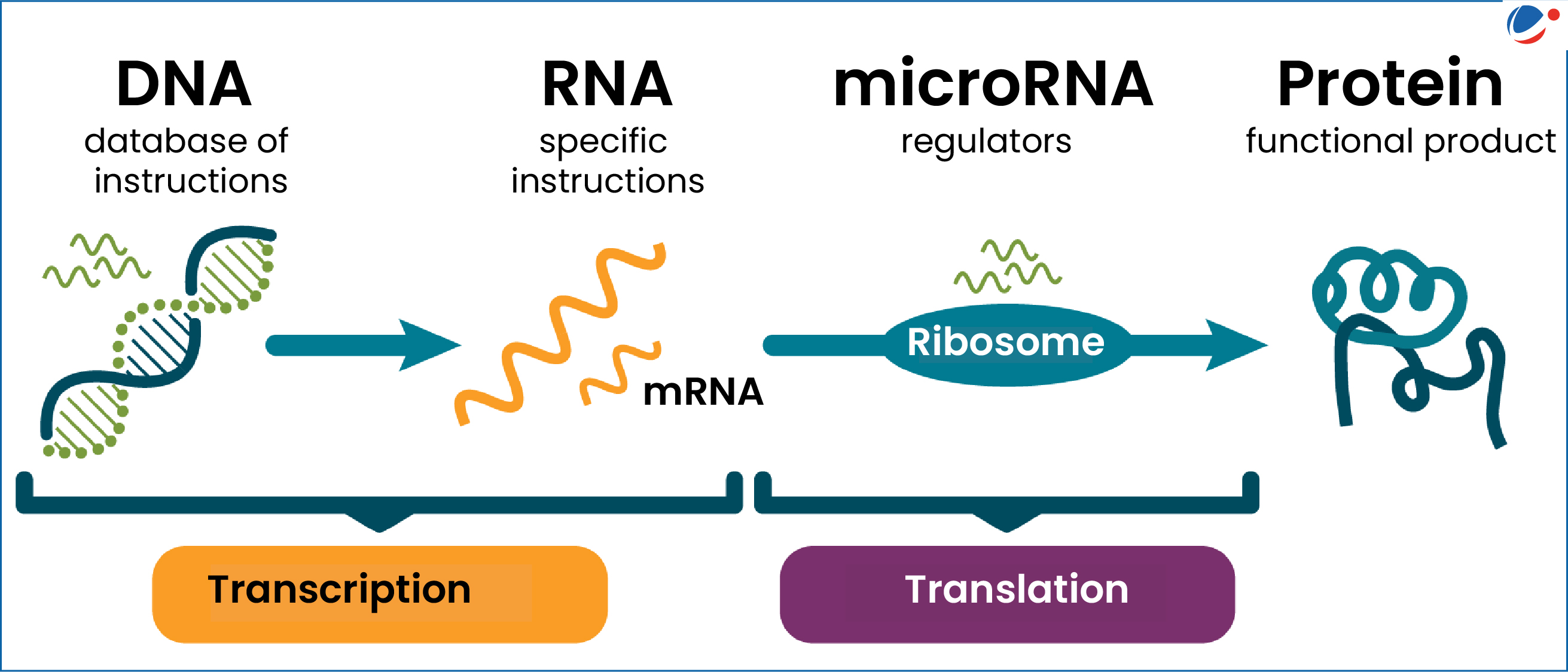Molecular Quantum Computing: Breakthrough in Quantum Operations
Molecular quantum computing is emerging as a revolutionary frontier in the realm of quantum computer technology. By successfully trapping molecules to conduct quantum operations, researchers are unlocking new potentials for speed and efficiency in computing processes. This groundbreaking approach relies on the complex internal structures of trapped molecules to serve as qubits, which are instrumental in creating quantum gates that perform advanced calculations. Through meticulous manipulation, these experiments aim to entangle states in a way that traditional methods could only dream of achieving. The implications of this research are vast, signaling a transformative leap in how we understand and utilize quantum mechanics in technology.
As the push for advanced computational methods intensifies, the exploration of molecular systems in quantum computing offers an innovative path forward. Known also as quantum information systems, these frameworks leverage the unique characteristics of complex molecules to implement quantum algorithms. With this pioneering approach, scientists have begun to harness the potential of entangled molecular states, aiming to enhance the capabilities of traditional quantum operations. By exploring alternatives to classical computing components, researchers are poised to revolutionize how information is processed in quantum environments. The development of quantum gates and the intricate manipulation of qubits stand at the forefront of this exciting venture into molecular-based computation.
The Breakthrough in Trapping Molecules for Quantum Computing
For decades, the idea of utilizing molecules in quantum computing has tantalized researchers across the globe. The Harvard team, led by Kang-Kuen Ni, has broken new ground by successfully trapping molecules specifically for quantum operations. This innovative approach not only opens new avenues for research but also lays the foundation for developing molecular quantum computer technology. The process of trapping sodium-cesium (NaCs) molecules in ultra-cold environments marked a significant turning point, showcasing how complex molecular structures can now be tamed to perform quantum mechanics experiments.
The successful entrapment of these molecules allows scientists to explore quantum operations previously deemed unattainable. Utilizing electric dipole-dipole interactions, the team manipulated these trapped molecules to create a two-qubit Bell state, demonstrating an intricate dance of entangled states. With 94 percent accuracy, this remarkable achievement signifies not just a technological advance, but a profound shift in understanding how molecular systems can be harnessed within the quantum computing landscape.
Understanding Quantum Operations with Molecules
Quantum operations constitute the backbone of quantum computing, enabling the processing of information through quantum bits or qubits. Unlike traditional computing bits that are restricted to binary states, qubits can exist in multiple states at once due to superposition—a characteristic that allows for complex calculations in a fraction of the time. The research team at Harvard has elucidated how quantum gates can be effectively constructed using trapped molecules, thereby enhancing the operational capacity of quantum computer technology.
By focusing on using trapped molecules for quantum gates, such as the iSWAP gate, researchers have delved deeper into the potential of creating entangled states. Entanglement enhances the computational power of quantum systems, enabling processes impossible with classical computers. Therefore, the ability to perform quantum operations using stable, trapped molecular systems marks a significant milestone towards realizing the full potential of molecular quantum computing.
Frequently Asked Questions
What is molecular quantum computing and how does it utilize quantum gates?
Molecular quantum computing is a subfield of quantum computing that employs complex molecules as qubits, the fundamental units of quantum information. In molecular quantum computing, quantum gates manipulate these qubits to perform quantum operations, enabling tasks like creating entangled states. This approach leverages the intricate internal structures of molecules, which can enhance computational capabilities compared to traditional qubit systems.
How are trapped molecules used in quantum operations?
Trapped molecules are used in quantum operations by controlling their motion in ultra-cold environments. Researchers employ optical tweezers to hold molecules in place, allowing precise manipulation of their quantum states. This stability is essential for executing complex quantum operations, such as constructing quantum gates and generating entangled states, which are pivotal for the performance of a molecular quantum computer.
What advantages do molecular systems offer for quantum computer technology?
Molecular systems offer several advantages for quantum computer technology, including their ability to exist in superpositions and their complex internal structures. These features allow them to potentially represent more information than traditional qubit systems. Moreover, utilizing molecular qubits can lead to novel quantum gates and enhance entanglement capabilities, which are crucial for advanced quantum computing applications.
What challenges were faced in using molecules for quantum computing?
One of the primary challenges in using molecules for quantum computing has been their fragility and the unpredictability of their movements, which can disrupt coherence—a vital aspect for reliable quantum operations. Historically, researchers avoided molecular systems due to these concerns. However, advancements in trapping techniques, such as using optical tweezers in ultra-cold environments, have allowed scientists to control molecular movements and harness them for effective quantum operations.
Why is creating entangled states important in molecular quantum computing?
Creating entangled states is crucial in molecular quantum computing because entanglement is a fundamental property that enables qubits to be correlated regardless of distance. This characteristic allows quantum computers to perform complex operations simultaneously, vastly increasing their computational power over classical computers. Entangled states are essential for many quantum algorithms, making them a key focus in the development of molecular quantum computer technology.
What is the significance of the iSWAP gate in molecular quantum computing?
The iSWAP gate is significant in molecular quantum computing as it facilitates the interchange of two qubit states, essential for generating entangled states. By applying a phase shift, the iSWAP gate correlates the qubits, enhancing the overall interactivity of quantum operations. The successful implementation of the iSWAP gate by trapping molecules marks a significant milestone in the advancement of molecular quantum computing technologies.
How does trapping sodium-cesium molecules enhance quantum operations?
Trapping sodium-cesium (NaCs) molecules enhances quantum operations by providing a stable platform for controlling and manipulating their quantum states. In ultra-cold environments, these molecules can be precisely aligned and held in place using optical tweezers, allowing researchers to execute complex quantum operations with high accuracy. This method addresses challenges associated with the unpredictable behavior of molecules, paving the way for breakthroughs in molecular quantum computing.
What future advancements can be expected from molecular quantum computing?
Future advancements in molecular quantum computing may include the development of more robust quantum gates and entangled states that exploit the unique properties of molecular systems. As researchers continue to innovate within this field, we can expect enhancements in computational speed, error correction, and the practical application of quantum algorithms across various sectors, including medicine and finance, leveraging the complexities of molecular structures.
| Key Points |
|---|
| Research led by Kang-Kuen Ni successfully trapped molecules for quantum operations, marking a historic advance in molecular quantum computing. |
| Molecules, previously considered too complex for quantum computing, are now utilized as qubits, enhancing potential computational power. |
| The team employed ultra-cold polar molecules to execute quantum operations, achieving a 94% accuracy in creating a two-qubit Bell state. |
| The implementation of an iSWAP gate in experiments indicates a major step toward realizing a molecular quantum computer. |
| Trapping molecules with optical tweezers allows researchers to explore the intricacies of their internal structures, paving the way for innovative quantum technologies. |
Summary
Molecular quantum computing is at the forefront of innovation, with recent breakthroughs demonstrating the ability to trap molecules for quantum operations. This pivotal advancement not only addresses the long-standing challenges in using molecular systems for quantum computations but also opens doors to new methodologies that harness the inherent complexities of molecular structures. The research highlights the potential for significantly enhanced processing speeds and capabilities in the realm of quantum computing.
